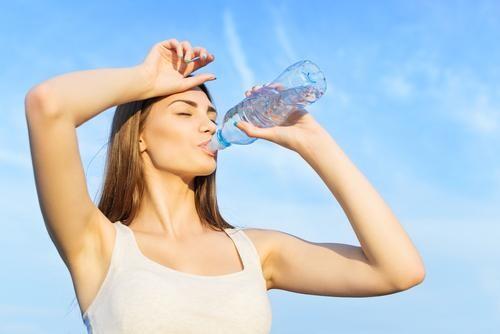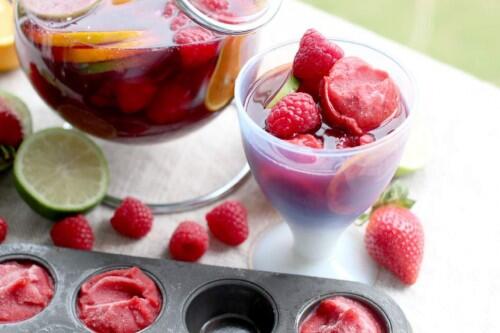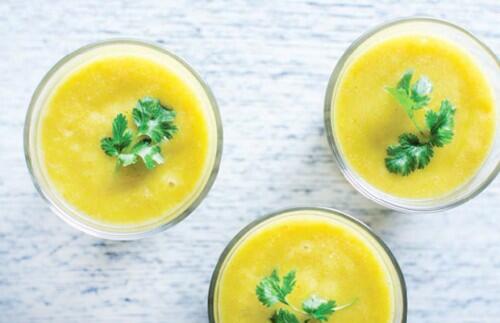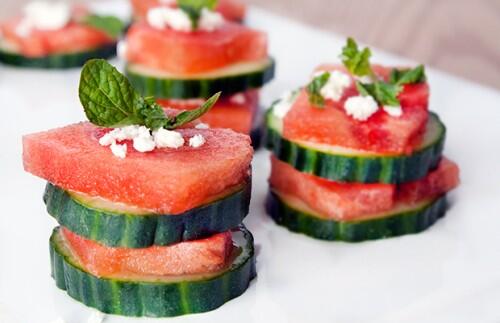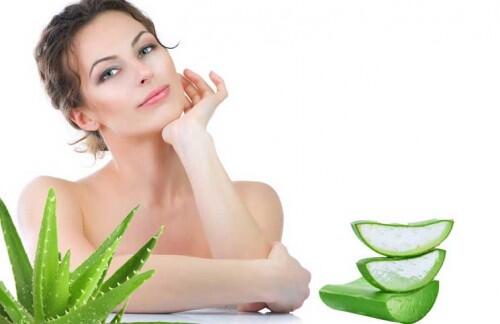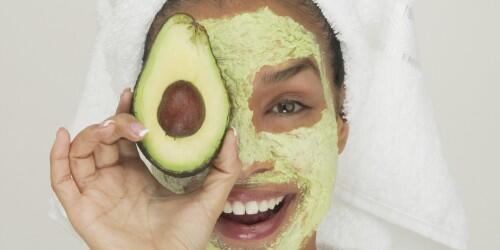We are still in the Spring season, yet the weather outside makes it seem as if i was “summer” already. All the changes in weather, and in climate, require an increase in hydration, be it by the food we eat, drinks, or even hydrating creams or hydration routines, in order to take care of our body and overall health and protect it from dryness.
Here are some ways that might keep you well hydrated:
Drink Water:
Harvard recommends drinking 30 to 50 ounces a day, which is equivalent to approximately four to six glasses of water. However, the team isn’t just recommending water to drink at this optimal standard, but fluids in general to aid in hydration. Even certain foods like watermelon, lettuce, spinach, and soups provide the body with fluids that can work in tandem with water to retain and process a healthy amount of water. Women who are pregnant or breastfeeding and those who engage in a lot of exercise may need more than the standard six glasses, however.
Recently, a panel of experts from around the world collaboratively wrote a study published in the Clinical Journal of Sports Medicine that also warned how drinking beyond thirst can be hazardous for your health. Athletes are at the greatest risk of drinking to the point of exercise-associated hyponatremia, which occurs when the kidneys become flooded by large quantities of water, unable to process the liquid efficiently. The sodium levels in the human body aren’t able to balance the amount of water, eventually leading to swelling cells and — in severe cases — death.
These summer-friendly fruits and vegetables can also help with hydration. Next time you’re feeling thirsty, pile these on your plate:
Strawberries
Even without the shortcake, strawberries are a sweet treat perfect for staying hydrated. They are 92 percent water (the most of any berry) and are loaded with fiber and vitamin C — as if you needed an excuse to sip on this refreshing summer cocktail!
Lettuce
Iceberg lettuce may be 96 percent water, but it’s not known for much else in the nutrition department. Richer salad greens and sandwich toppers including butterhead, romaine and spinach are more well-rounded choices and still up your hydration. Need some inspiration? Start with these creative, healthy salads.
Smoothies
Can’t choose just one hydrating option? Slurping down a DIY smoothie is a great way to combine your favorite flavors into one nutritionally-packed glass. “And it only takes seconds to scarf down!” says Berman. Try drinking your fruits and veggies with these healthy (and tasty) green smoothie recipes.
Fat-free or skim milk
Everyone knows milk is an excellent source of calcium that will keep your bones in tip-top shape. But research also shows milk is better than water and sports drinks for rehydration and recovery after exercise (yup, especially chocolate milk). Just be sure to choose a slimmed-down carton since the fat in whole milk can delay fluid replacement.
A waiter carries two cups of Turkish coffee at a coffee shop in Istanbul October 19, 2007. REUTERS/Osman Orsal
Coffee
Isn’t coffee a diuretic? Well, yes, but a recent study in PLOS ONE debunks the myth that it also causes dehydration. Not only will your daily cup contribute to your water needs, coffee can also give you a sharper memory, boost athletic endurance and performance, and reduce the risk of many serious ailments including diabetes and heart disease.
Watermelon
In the world of thirst quenchers, watermelon weighs in as a major contender. Based on its name, it’s no surprise this fruit is made up of 92 percent water! But its salt, calcium and magnesium is what makes it ideal for rehydration, according to a 2009 study at the University of Aberdeen Medical School. The summertime staple is also a good source of potassium, vitamin A and vitamin C.
Ways to Hydrate Your Skin Naturally:
Some soaps and cleansers might be harsh for your skin. So why don’t you hydrate your skin in a natural way? Knowing that drinking water makes your body hydrated from the inside, and this reflects on your skin from the outside.
Use only gentle, natural soap
Check the labels on your soaps and cleanser too. Avoid the chemical laden, harsh soaps, which will strip the natural oils from your skin, and chose those that contain only natural ingredients and moisturizing agents like aloe-vera instead.
Aloe Vera Plant for Skin
Turn down the temperature on your baths and showers
Hot water will also strip the oils from your skin, so don’t spend too long in scalding hot showers or baths. The hot water might feel lovely and relaxing, but it’s not going to help you keep your skin hydrated at all.
Olive oil
Olive oil is brimming with the fatty acids and antioxidants that will help keep your skin hydrated and healthy. Try massaging some olive oil into your skin, before you shower or bath, and it will help to stop the warm water and soap drying your skin out.
Portrait of a young woman wearing a facial mask holding a slice of avocado
Add avocado to your diet
If you don’t already eat avocado, then try adding it to your diet. Avocado contains lots of healthy fats that will help hydrate your skin, but dunk bad cholesterol. Avocado makes an amazing natural hydrating face mask too; just mash up some avocado flesh in a bowl, add a teaspoon of avocado oil and apply to your face for five minutes before washing off with lukewarm water; it’s a wonderful, refreshing and nourishing face mask that is not only very easy to make, but is also very effective.
Use a humidifier
Putting a humidifier in your bedroom will also help to stop your skin from drying out. It will also help you sleep better and it’s good for your respiratory system too. Also, don’t have the central heating or the air conditioning on too high, as both these can dry out your skin.
Follow us on our Twitter account @greenareaen for more healthy tips



